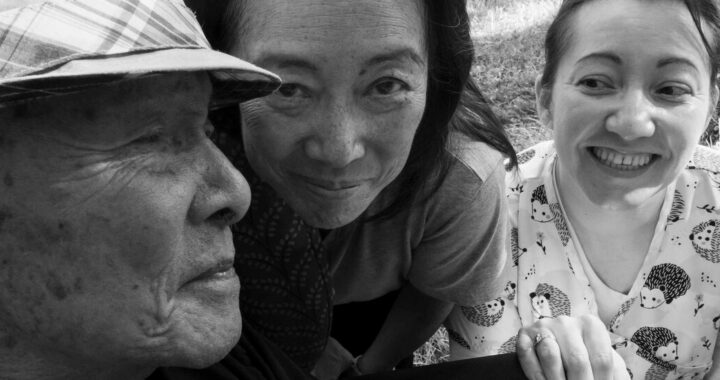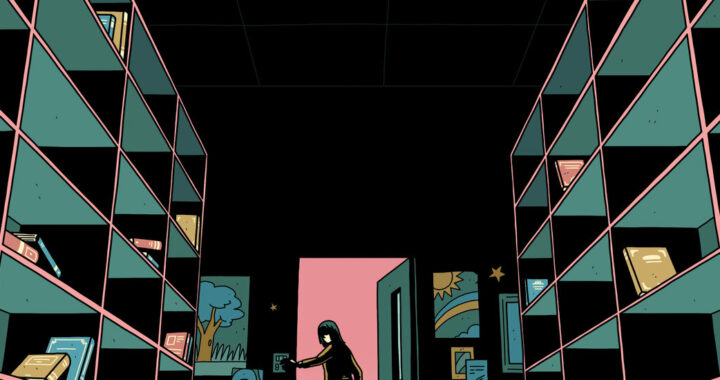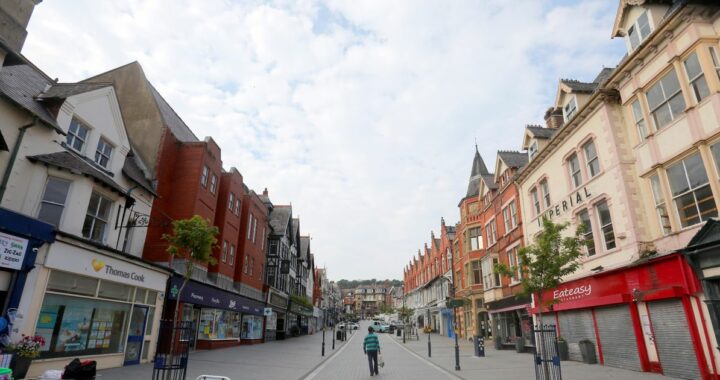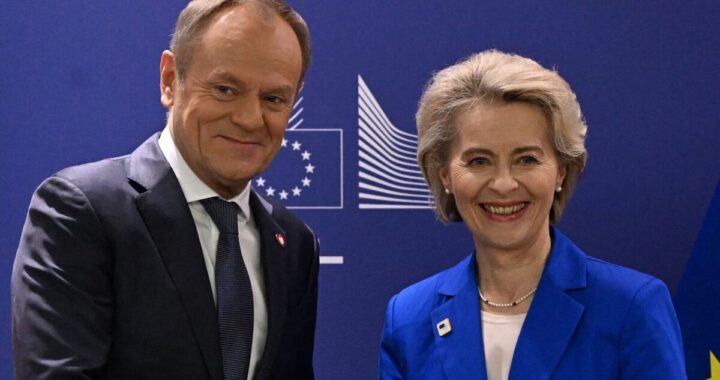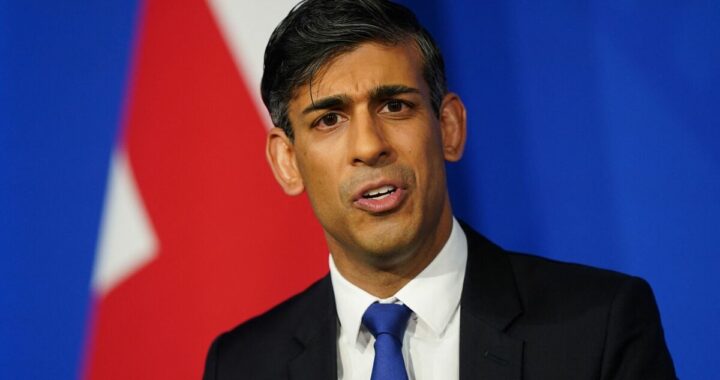COMMENTARY: Campaigning for a UN Security Council seat shouldn’t be a government priority right now
4 min read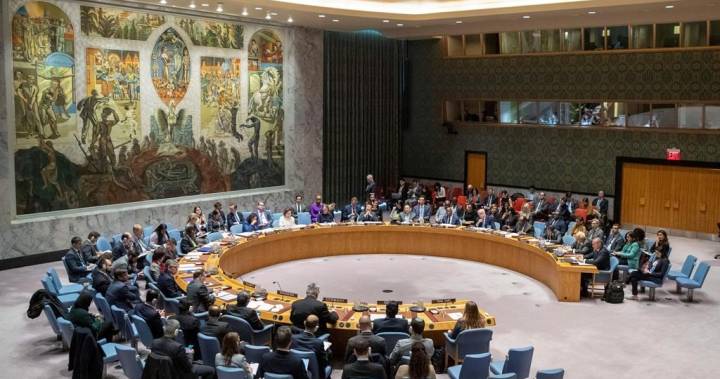
It’s quite unlikely that David Suzuki and Noam Chomsky are secretly working in cahoots with Justin Trudeau‘s government, but it’s hard to think of a better way of convincing Canadians to support the idea of pursuing a UN Security Council seat than having those two say we don’t belong there.
Canada is competing against Norway and Ireland for the two non-permanent Security Council seats up for grabs. The final vote is for June 17.
Prime Minister Trudeau is not only trying to convince other nations to support our bid, but trying to convince Canadians that this effort is worthwhile. While cynicism and apathy are likely the biggest domestic obstacles to this campaign, there is a petition campaign led by some prominent left-wing activists urging a rejection of Canada’s candidacy.
The petition, led by Suzuki, Chomsky, and others, accuses Canada of being undeserving of the seat due to, among other things, our involvement in NATO, our relationship with the U.S. and Israel, our position on Venezuela, and our development of natural resources.
Frankly, though, if Canada isn’t “deserving” of a seat on the UN Security Council, then I’m not sure what sort of a commentary that is on the Security Council or the UN itself.
Two of the permanent members of the council are China and Russia, both authoritarian countries with rather problematic human rights records. Among the current non-permanent members are Vietnam (ranked by Freedom House as “not free”), Niger (“partly free”), and Indonesia (“partly free”). Furthermore, Venezuela (“not free”) sits on the UN Human Rights Council while Saudi Arabia (“not free”) sits on the UN Women’s Rights Commission. And yet somehow Canada is a problem? The cynics have a point, it would seem.

Trudeau is obviously not responsible for this ridiculous petition and its abundant hypocrisy, but the hypocrisy and double standards of the United Nations are unavoidable issues for the prime minister. Canadians might bristle at the notion that we’re not worthy, but the more pressing question is whether it’s the UN itself that is worthy of our interest and attention.
Canada could certainly be a force for reform at the UN, but we haven’t exactly worn that desire on our sleeve — perhaps because it would hurt our chances. The government’s effort to win this seat has depended largely on pandering and promises to other countries.
[ Sign up for our Health IQ newsletter for the latest coronavirus updates ]
The pandemic might have made Trudeau’s campaign seem even less important or relevant, but the prime minister has tried to argue the opposite. Trudeau has likened the coming post-pandemic era to the years following the Second World War, and the various multinational and multilateral institutions and initiatives Canada was involved in at the time.
There will certainly be a need for international cooperation and coordination when it comes to ending this pandemic and emerging from it, but it’s hard to see how the Security Council will be at the forefront of that or how current members such as Estonia, Niger, or Tunisia will play a prominent role.
Moreover, though, issues like reform of the World Health Organization and investigating China’s role in the origins of the pandemic are not issues likely to be addressed by the United Nations — especially at the Security Council level, given China’s veto power.
Our involvement this week in a joint statement with the U.K. and Australia condemning China’s actions in Hong Kong is an example of how we can wield international influence while staying true to our values.
Canada’s post-pandemic influence is going to depend largely on our willingness to work with our allies on these matters as well as supporting vaccine development and distribution and supporting more relevant multinational and multilateral organizations such as the International Monetary Fund and the World Trade Organization.
It’s more likely that the government is trying to save face here. Given how much political capital Trudeau has placed in the idea that he would succeed where Stephen Harper failed (Canada lost the 2010 vote, although I wonder how many Canadians remember that — or even noticed at the time), falling short would be a major embarrassment for him.
Whether Canadians should care is a different question. There are much bigger priorities at the moment, and the prime minister should spend more time showing Canadians that he’s capable of addressing those.
Rob Breakenridge is host of “Afternoons with Rob Breakenridge” on Global News Radio 770 Calgary and a commentator for Global News.
Source: Read Full Article
